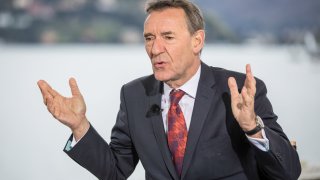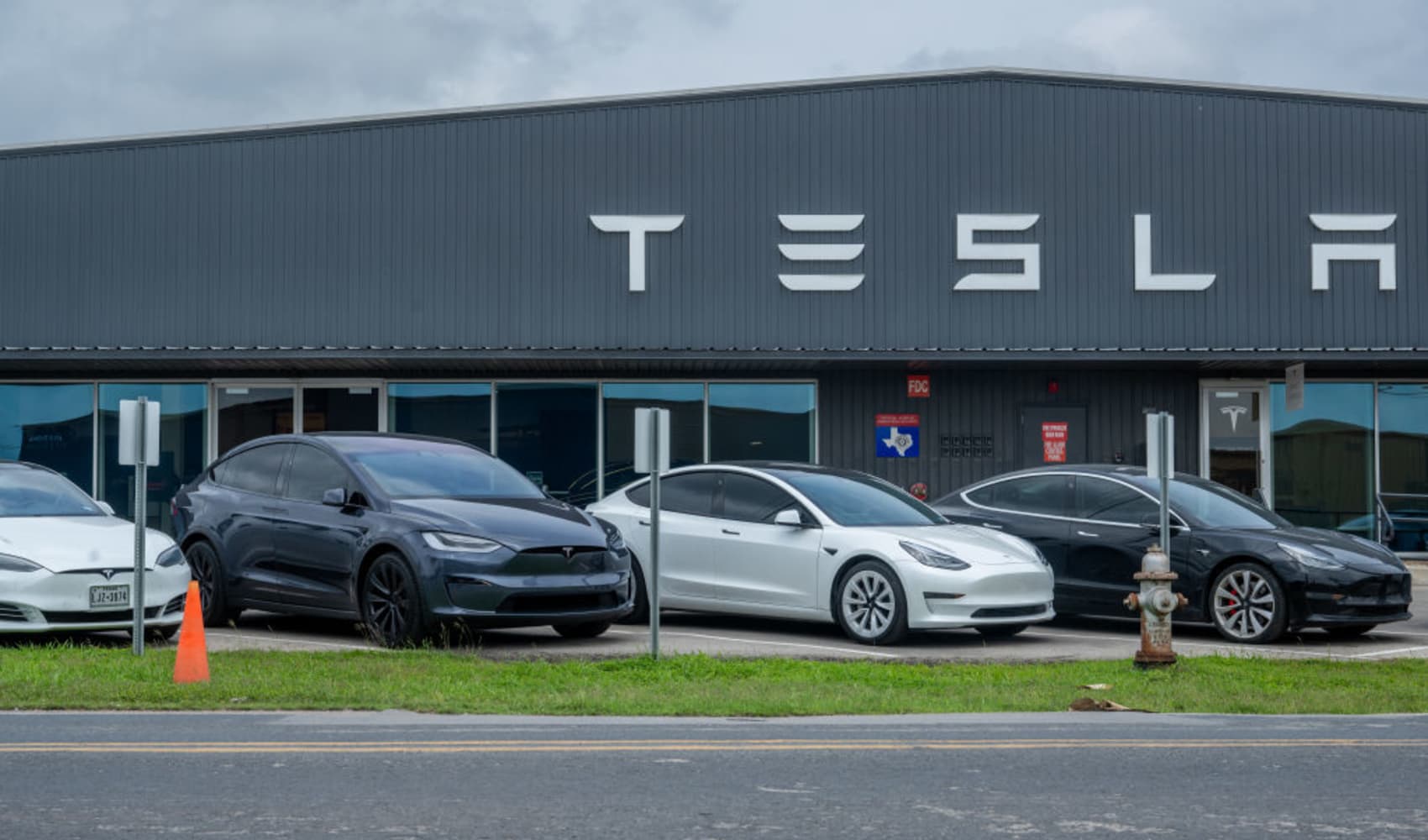
- Fed Chair Jerome Powell last week retired the term "transitory" to describe inflation, a move analysts, and O'Neill, described as a "mea culpa."
- The Bank of England surprised markets early in November by holding interest rates at a record low instead of beginning its hiking cycle.
As the Federal Reserve and the Bank of England adopt increasingly hawkish tones in the face of persistent high inflation, the days of ultra-loose policy should be behind us, according to Jim O'Neill, senior advisor at Chatham House.
Fed Chair Jerome Powell last week retired the term "transitory" to describe inflation, a move analysts, and O'Neill, described as a "mea culpa" or admission that the central bank had been wrong in its previous assessment.
The Bank of England surprised markets early in November by holding interest rates at a record low instead of beginning its hiking cycle.
Get a weekly recap of the latest San Francisco Bay Area housing news. Sign up for NBC Bay Area’s Housing Deconstructed newsletter.
Both the U.S. and the U.K. have seen inflation running at multi-decade highs in recent months as a combination of soaring energy costs and supply constraints drove up consumer prices.
However, the emergence of the omicron Covid variant has resurfaced some uncertainty for markets over when the long-awaited tightening cycles will begin in earnest.
Money Report
Speaking to CNBC's "Street Signs Europe" on Monday, O'Neill, a veteran economist and former chairman of Goldman Sachs Asset Management, said the Fed's change of language was overdue.
"If you put aside the risk of uncertainty about the [omicron] variant, when you end this year where we have ended with the scale of recovery we have had — notwithstanding what is probably a statistical fluke with the payroll survey Friday — the huge bounceback in growth, why do we need the same scale of emergency monetary policy that we had 18 months ago all over the western world?" O'Neill said.
The U.S. economy added just 210,000 jobs in November, well below the 573,000 expected in a Dow Jones survey of economists, though the unemployment rate fell sharply from 4.6% to 4.2%. However, this is not expected to delay the Fed's exit from easy policy. U.S. consumer prices soared 6.2% annually in October, the country's biggest inflation print in more than three decades.
O'Neill argued that keeping policy at historically accommodative levels risked central banks having fewer options if additional stimulus is needed due to another economic shock in the near future. He suggested policymakers would be better off tightening now to contain inflation while growth is running hot, giving themselves room to unwind in case of emergency.
"I think the Fed is right to make this move and I actually think they should have done it a bit earlier. I hope this twist in the omicron [variant] doesn't delay the Bank of England from raising rates," he added.
Markets had largely priced in a December rate hike from the next Monetary Policy Committee meeting, but expectations have waned somewhat since the emergence of the omicron variant.
O'Neill suggested that the anticipated windfall in unemployment when the U.K.'s furlough scheme ended had not materialized, and that said "nobody would have dreamt that we'd be in this position a year ago."
Bank of England Governor Andrew Bailey acknowledged after the November policy meeting that warning signs were there on inflation, which has begun to run consistently above 3%, significantly exceeding the Bank's target. However, Bailey suggested that more visibility of post-furlough jobs data would be needed for the bank to hike interest rates.
"I don't think it is just the U.K., but in the U.K., the evidence of inflation surprising on the upside and growth coming through generally better than anybody would have dreamt about, particularly policymakers, a year ago — the case for having such an accommodative monetary policy just isn't, in my opinion, there anymore," O'Neill said.






